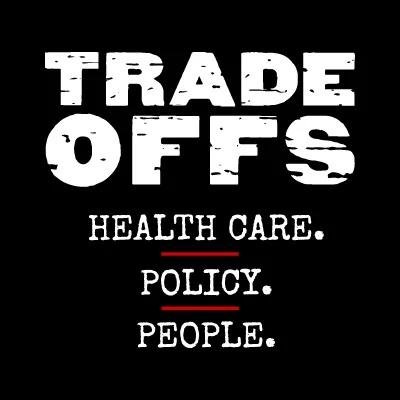Health Care Matters | December 20, 2024
Government Funding Deal with Positive Health Provisions at Risk
The NY Times, Washington Post, and Modern Healthcare reported that Congress reached a government funding agreement on Tuesday, however by Thursday that deal had fallen apart and a new bill text had been released. The original continuing resolution included a significant health care package with key provisions on Medicare physician payment and telehealth including adjusting the conversion factor, extending the AAPM bonus at 3.53%, and extending telehealth flexibilities established during the public health emergency for two additional years.
However, on Wednesday, President-Elect Trump stated he opposed the funding bill and called for a streamlined package focused on funding the government through March with an added provision to increase the debt ceiling resulting in the new bill text which strikes many of these health provisions and only extends the telehealth flexibilities through March 2025.
Why It Matters
Reflecting ongoing advocacy, the original continuing resolution was set to offer temporary respite to physicians once again facing drastic pay cuts and reduced incentives for Advanced APM participation. The resulting backlash and subsequent new package highlight that short-term fixes do not negate the need for long-term reforms to stabilize and sustain physician payment and address workforce challenges. With an aging population and increasing demand for care, the health care system faces potential strain if more permanent solutions aren't enacted.
Additionally, if the new bill fails, a partial government shutdown could occur as early as Saturday. As written, physicians will face immediate challenges in January, including no relief from Medicare pay cuts for 2025.
CMS Announces State Recipients for the Innovation in Behavioral Health (IBH) Model
CMS announced that Michigan, New York, Oklahoma, and South Carolina have been selected to participate in the Innovation in Behavioral Health (IBH) Model which begins January 1st, 2025, and runs for eight years. The IBH model aims to improve the overall care quality and outcomes of adults enrolled in Medicare and Medicaid with severe mental health conditions or substance use disorders. The model emphasizes integrated care delivery, prioritizing collaboration between behavioral health and primary care providers. Oklahoma will implement the model state-wide, while the other states will operate the model in sub-state regions.
Read more here.
Why It Matters
The Innovation in Behavioral Health (IBH) Model represents a step forward in integrating care for those with severe mental health or substance use disorders. However, with the incoming Trump administration's focus on cutting Medicaid budgets as reported by the NY Times, states may struggle to fund or prioritize experimental models that have not yet proven their cost-effectiveness. Reduced resources could make it harder for states to implement and sustain these changes, stifling their ability to invest in innovative new payment structures that could potentially transform behavioral health care delivery.
Where We Are Listening To
Tradedoffs Podcast: Everyone’s Mad at Health Insurers, But 'There’s Plenty of Blame to Go Around'
Dr. Aaron Carroll, President and CEO of AcademyHealth, appears on the Tradeoffs podcast to explore the root causes of high health care costs and the difficult sacrifices required to address them. He discusses these challenges during a time of heightened frustration with the health care system, offering insight into potential solutions amidst widespread anger.
Listen here.
Call For Proposals
The CMS Health Equity Conference call for proposals is opening soon. CMS is hosting a call for proposals webinar on January 9th, 2025, at 1pm ET. Register for the webinar to learn more about the proposal guidelines and how you can submit your work.
Proposals must be submitted by email to cmshealthequityconference@cms.hhs.gov on or before Friday, January 17th, 2025.
Read more here.
Institute for Accountable Care Offers Support for TEAM
In August, CMS finalized a new mandatory bundled payment initiative called the Transforming Episode Accountability Model (TEAM) which will begin on January 1st, 2026, and continue for 5 years. CMS has identified 741 hospitals that will have to take on financial risk for 5 surgical episodes, including spending for the initial hospital stay and most care provided in the 30 days after discharge. Analysis published in AJMC shows 62% of hospitals would lose an average of $1,350 per episode, whereas the 38% of hospitals with estimated gains would earn approximately $900 per episode. The Institute for Accountable Care is offering support to hospitals to help them succeed in the model. Learn more here.




